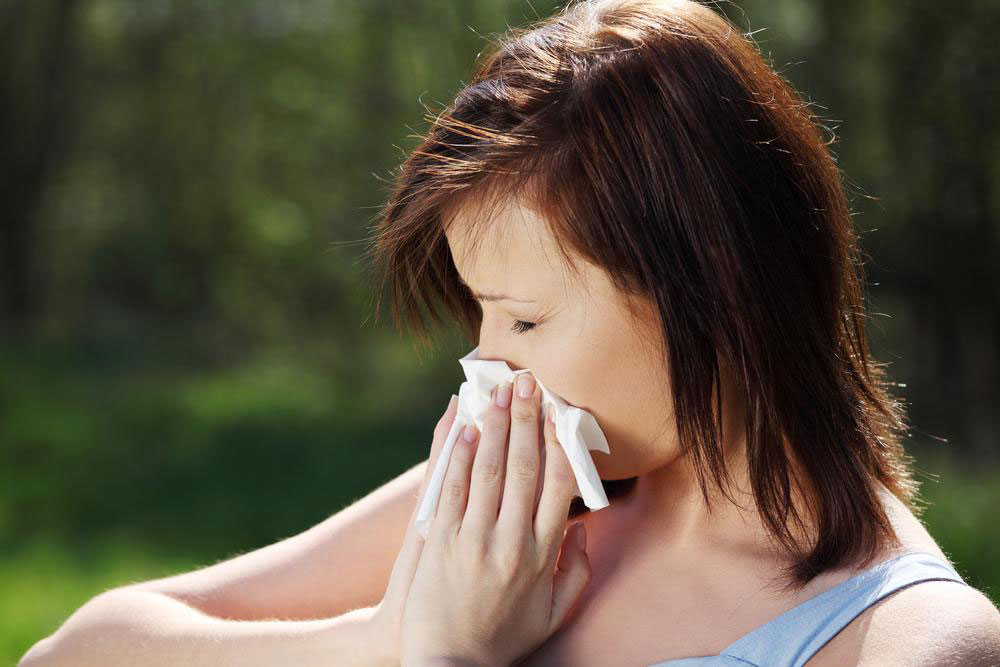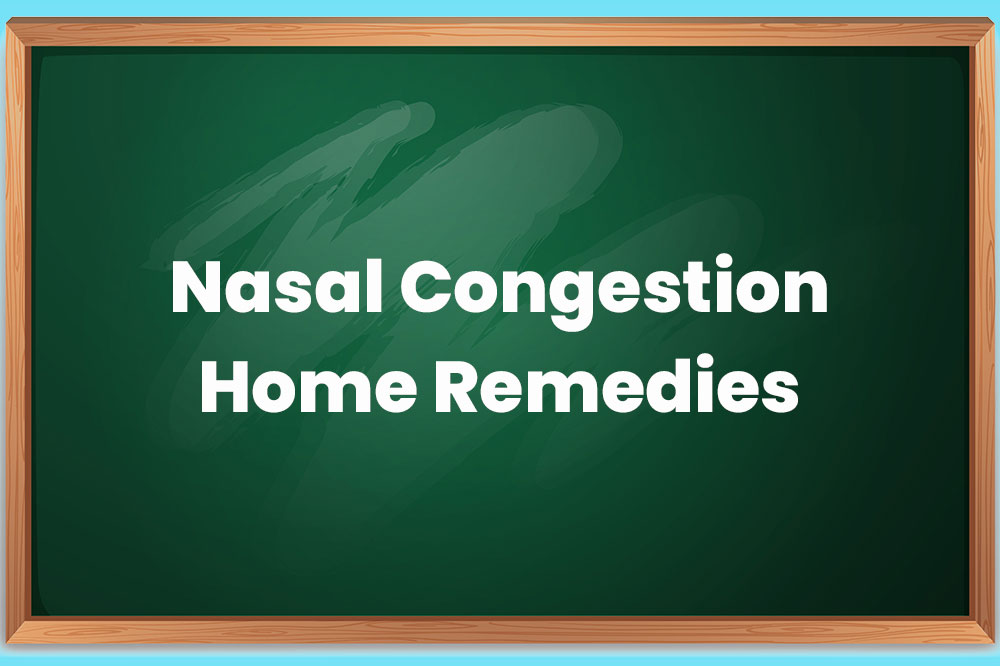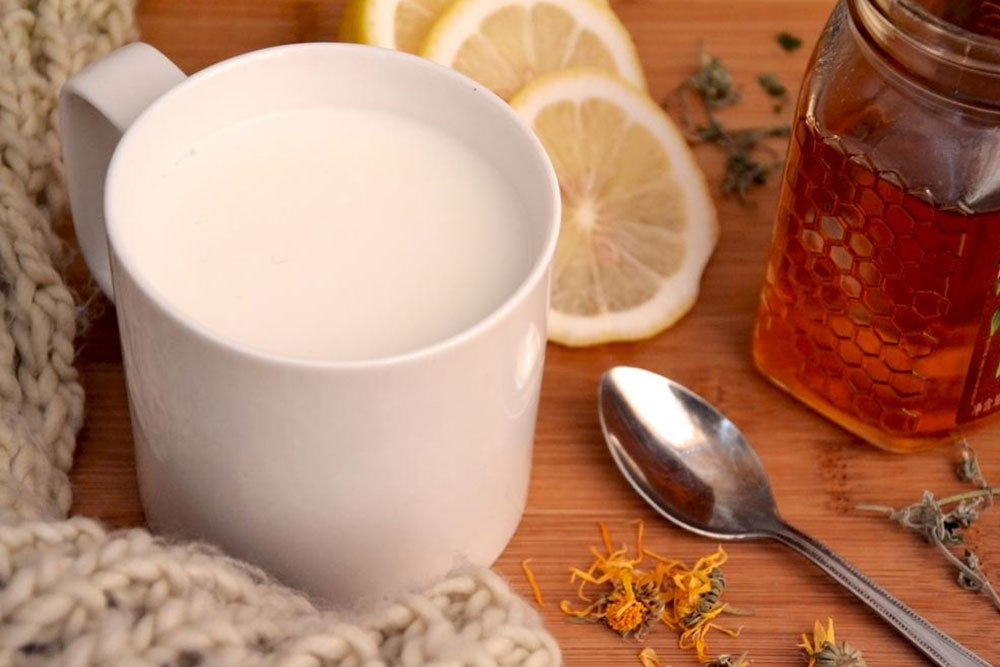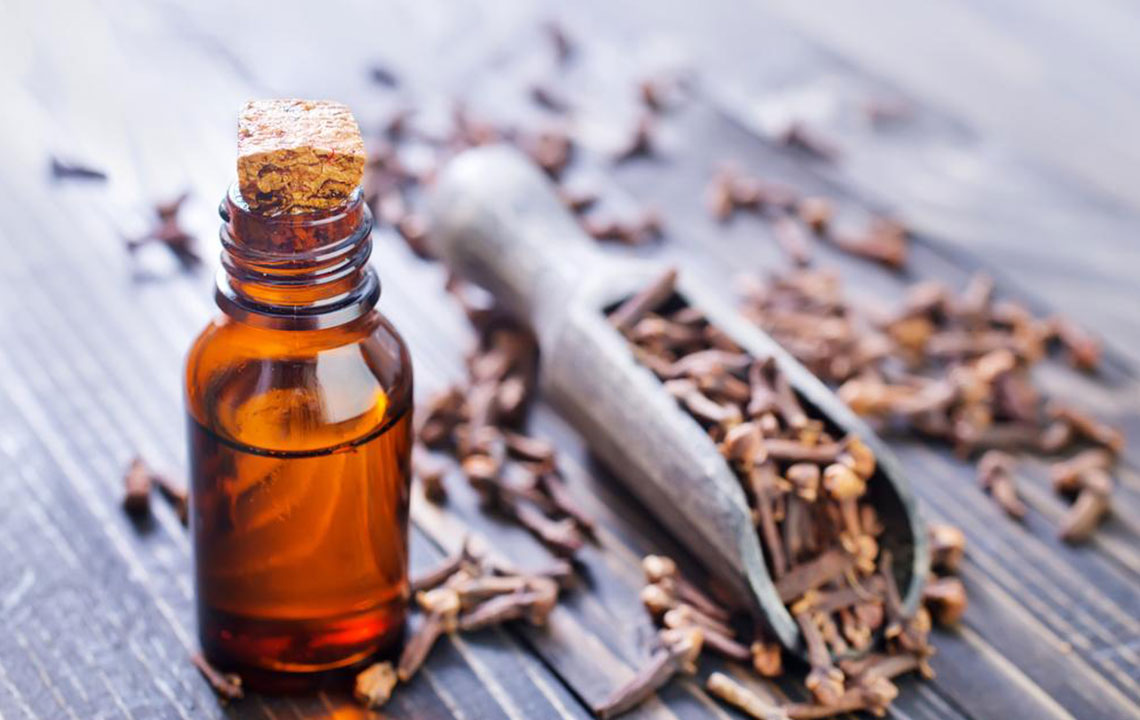Effective Strategies to Relieve Allergic Coughs
Explore effective treatments and home remedies for allergy-induced coughs. From medications to natural approaches like honey, herbs, and steam inhalation, this guide offers practical solutions to soothe your throat and prevent triggers. Learn how to manage symptoms and strengthen your immune system for better relief and health.

Relieving Allergic Coughs: Top Methods
Coughing isn't only caused by colds or flu; allergic reactions can also trigger persistent coughs. Fortunately, there are several effective remedies to soothe allergy-related coughs. Many traditional treatments have stood the test of time and can alleviate symptoms similarly to cold or flu remedies.
Managing Allergic Coughs
Medicines: Use decongestants, cough suppressants, and expectorants. Decongestants reduce mucus buildup and airway inflammation. Cough suppressants calm the throat reflex, while expectorants help loosen mucus for easier clearance. However, people with heart conditions should consult a doctor before using decongestants to avoid blood pressure issues.
Adding hot showers can help open nasal passages and reduce post-nasal drip, lessening throat irritation. Staying well-hydrated by drinking plenty of water thins mucus and prevents dryness that can cause coughing. Mentholated syrups or lozenges soothe the throat, easing discomfort and irritation.
Home Remedies for Allergy Cough Relief
Traditional natural remedies can effectively manage allergy-induced coughs. Here are some popular ones:
Honey: Known for its soothing properties, honey lubricates the throat and acts as a natural cough suppressant. Take a spoonful slowly or mix it into warm drinks like lemon water for relief.
Salt Water Gargle: Dissolve half a teaspoon of salt in lukewarm water and gargle. This can reduce throat irritation and mucus buildup, helping alleviate cough symptoms.
Essential Oils: Oils like eucalyptus or peppermint can be diffused or applied topically (if suitable) to relieve congestion. Avoid if you're sensitive to strong scents.
Thyme: This herb contains flavonoids that reduce inflammation. Brew two teaspoons of crushed thyme leaves in boiling water, steep, strain, and drink when cooled.
Ginger: Acts as an anti-inflammatory and antihistamine. Boil slices of fresh ginger, strain, and add honey for a comforting tea to ease allergy-related coughs.
Turmeric and Carom Seeds: Combine a teaspoon of turmeric powder and carom seed powder in warm water. This mixture works as an expectorant and provides relief from cough and sore throat, thanks to anti-viral and soothing properties.
Fresh Basil: Contains antimicrobial agents that can help with coughs. Steep basil leaves in boiling water, sweeten with honey, and drink. Alternatively, make a paste with ginger and strain for consumption.
Mint or Peppermint: Acts as a natural decongestant. Prepare peppermint tea or inhale steam infused with peppermint oil to soothe the throat.
Preventive Tips for Allergy-Induced Coughs
Identify and avoid known allergens such as pollen, pet dander, or dust.
Use antihistamines as recommended to control allergic reactions.
Practice good hygiene, like washing hands after outdoor activities.
Wear masks outdoors to limit inhalation of allergens.
Enhance immunity with nutritious foods like leafy greens, garlic, and onions. Incorporate herbs such as turmeric and basil to bolster defense mechanisms.
By understanding your triggers and using a combination of medical and home remedies, you can effectively manage allergy-related coughs. Always consult a healthcare professional for persistent or severe symptoms.










